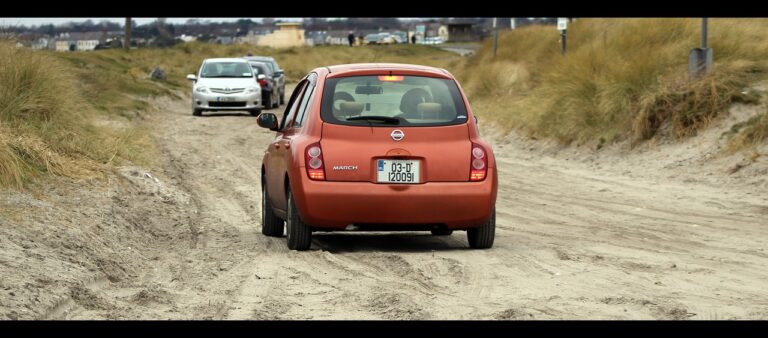The Influence of Sustainable Urban Planning on Bike-sharing Programs
Sustainable urban planning plays a crucial role in the success of bike-sharing programs within cities. By incorporating bike-sharing systems as part of urban development strategies, cities are able to promote environmentally friendly transportation options, reduce traffic congestion, and improve air quality. This approach not only fosters a more sustainable urban environment but also enhances public health by encouraging physical activity through biking.
Furthermore, sustainable urban planning supports the creation of well-connected bike lanes and infrastructure, making it safer and more convenient for individuals to use bike-sharing programs. This kind of planning also enables cities to optimize the placement of bike-sharing stations based on commuting patterns and popular destinations, increasing the accessibility and utilization of these programs among residents and visitors alike. As a result, sustainable urban planning not only benefits the environment but also contributes to building healthier and more livable cities for all.
Challenges Faced by Bike-sharing Programs in Sustainable Urban Planning
One common challenge faced by bike-sharing programs in sustainable urban planning is the issue of limited infrastructure. Without proper bike lanes, parking facilities, and service areas, the effectiveness of these programs can be hindered. Cyclists may face safety concerns without designated paths, and the lack of convenient drop-off points may discourage users from utilizing the service.
Another challenge is the issue of bike maintenance and upkeep. With a large number of bikes in circulation, it becomes crucial to ensure that they are well-maintained and in good working condition. Regular maintenance schedules and repair services are essential to keep the bikes operational and safe for users. Failure to address maintenance issues promptly can lead to a decrease in ridership and hinder the overall success of the bike-sharing program.
Impact of Infrastructure Development on Bike-sharing Programs
Urban infrastructure development plays a crucial role in shaping the success of bike-sharing programs within cities. The presence of well-designed bike lanes and dedicated cycling paths are essential for promoting the usage of bike-sharing services among urban dwellers. When cities invest in developing infrastructure that supports safe and efficient bicycling, it not only enhances the overall user experience but also encourages more people to opt for sustainable transportation options.
Moreover, integrating bike-sharing stations with existing public transportation hubs through strategic infrastructure development can significantly improve the accessibility and convenience of these programs. By creating seamless connections between different modes of transportation, cities can promote a modal shift towards cycling and reduce the reliance on private cars, leading to a more sustainable urban environment. Incorporating bike-sharing into urban infrastructure planning contributes to building a more interconnected and eco-friendly transportation network that benefits both the city and its inhabitants.





